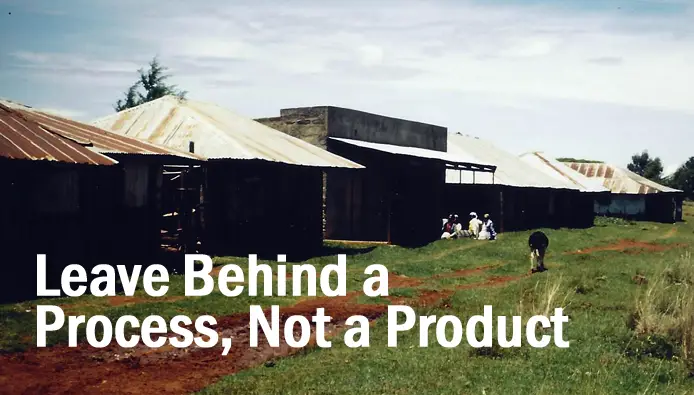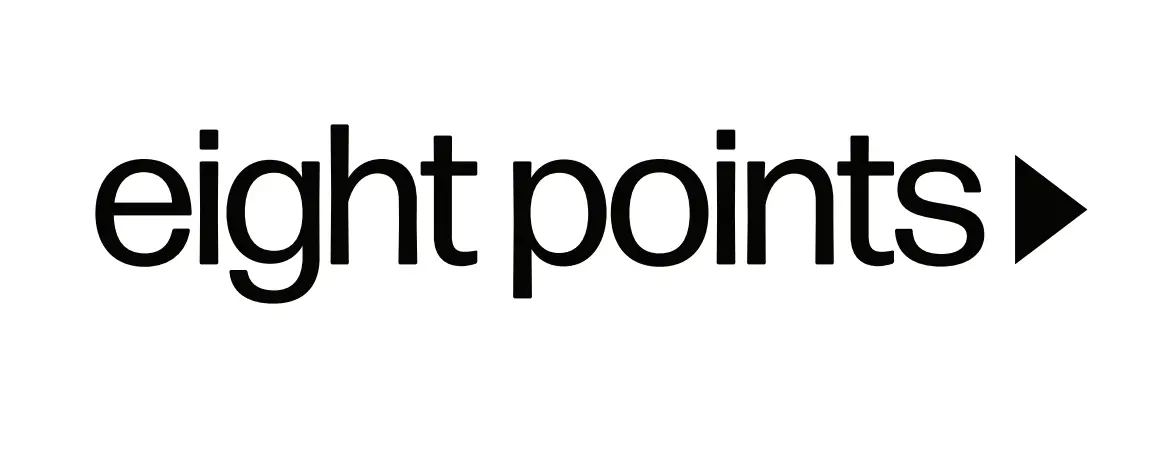
Enable and Empower, Not Encumber
Serving in Peace Corps (Kenya, 89-91), I learned a guiding principle that I still follow to this day: leave behind a process, not a product. I have employed it and witnessed its long-lasting sustainability – even though it sometimes saddened me. In the end, it taught me the value of enabling and empowering.
Let me explain – through three vignettes.
Kenyan Women’s Group Owns a Mill
In 1990, I was asked to help a Kenyan woman’s group to start a business that would produce profits that would be used send the members’ children to school. Employing the ‘process, not product’ philosophy I organized and facilitated their business planning and funding proposal development. In 1991, they built a cattle feed shop with a grant from the Peace Corps Partnership. Months later, they managed to secure a mill donated from the Canadian government. At the shop’s grand opening, our work together was never recognized.
Neighborhood Owns Its Future
I took the same philosophy (along with an MBA I earned after Peace Corps) to a revive a down-on-its-luck commercial corridor in a low-income community. Estimating the potential in the buildings and people in the community, we bought and rehabbed buildings with potential. At the same time, we cultivated the ideas, passion and discipline of neighborhood residents who wanted to start out on their own. While I showed them the way, I insisted they do all work – just as I did with the Kenyan women. A year after the building and businesses in them opened, one of the proud business owners stopped me on the street and said, “you know, you could not have done this without us.”
Arts Organization Revives Its Community
Ten years ago, I started a community band for a community that really need it. We started with only passion and a rehearsal space. From the beginning, my goal was to build a sustainable organization that would give life to its community and the broader public. Implementing and insisting on sustainable practices (process, not product), the organization is vibrant with multiple ensembles, a large and diverse membership and solid financial foundation – including an endowment. At a recent membership meeting, the current board president exclaimed, “look at what we did; I think this is our most successful year ever.”
Each time, I thought, “wow, don’t you see my efforts? what I gave?”
Then it dawned on me. By believing in, teaching and implementing the ‘leave behind a process, not a product’ doctrine, each effort empowered people and created sustainable communities.
This philosophy has also worked in corporate settings where I’ve worked or consulted.
Do what you can to leave behind processes that empower; avoid products that encumber groups that they don’t own or believe in.
